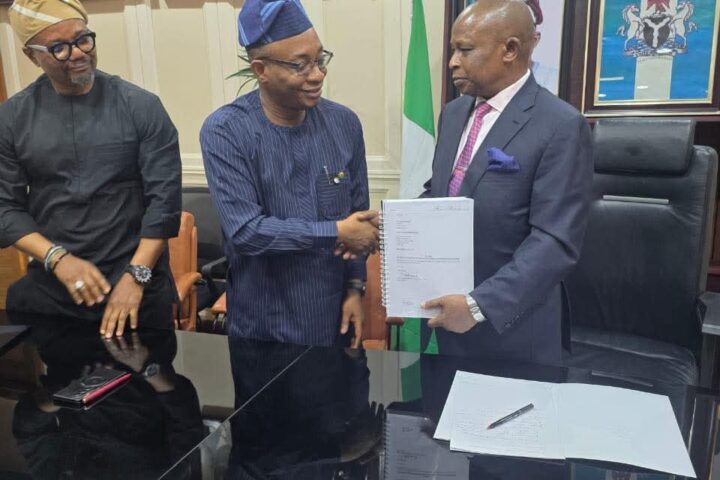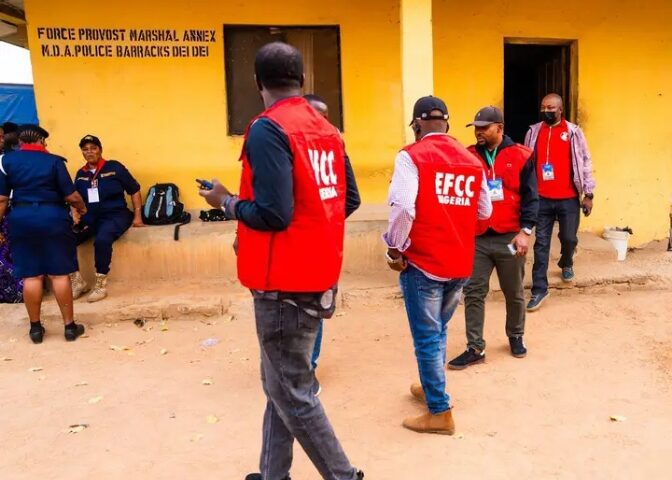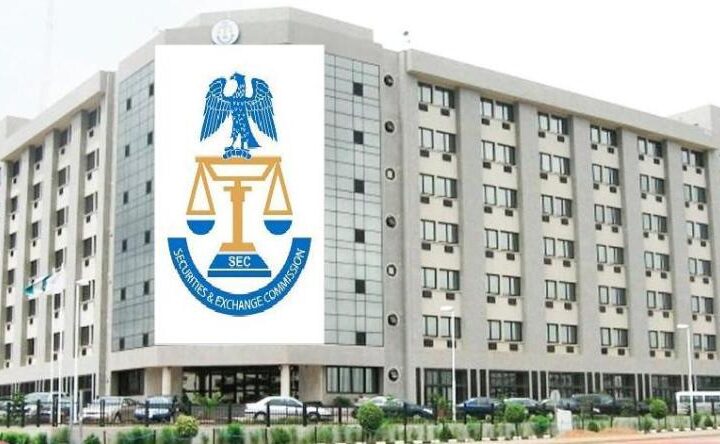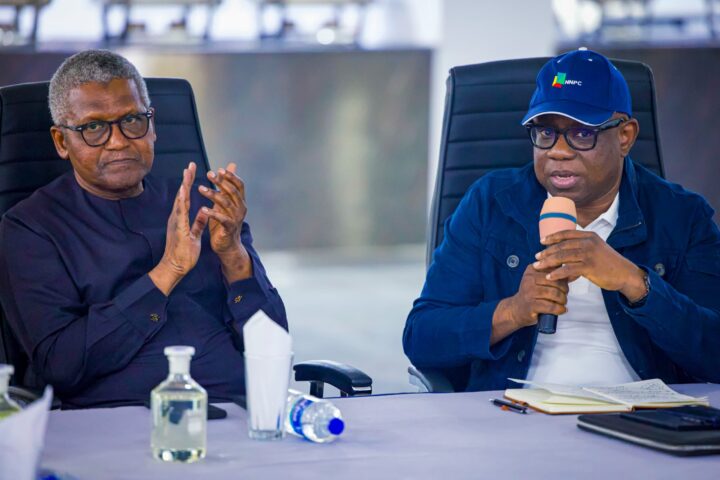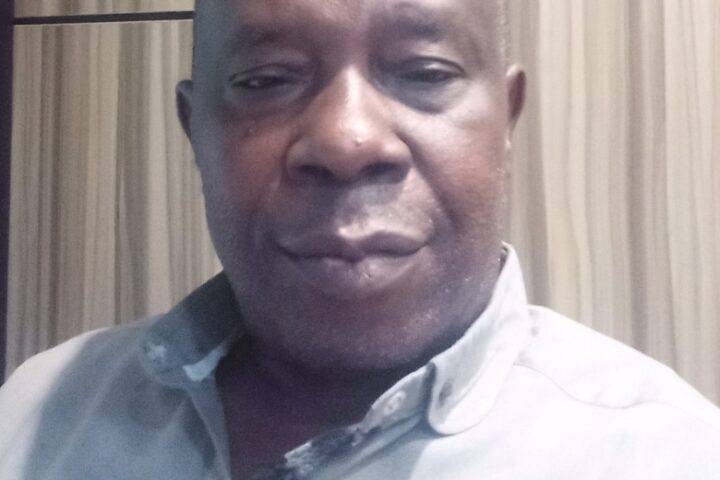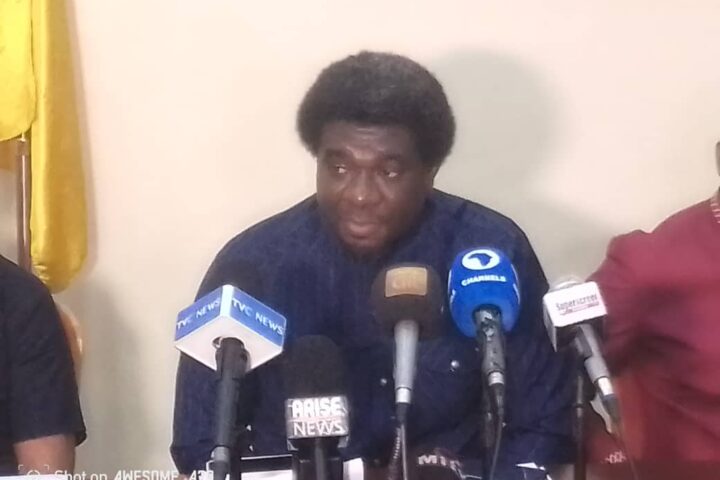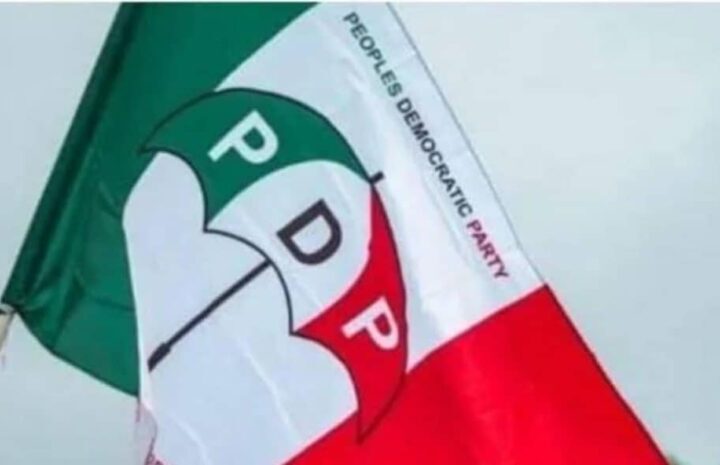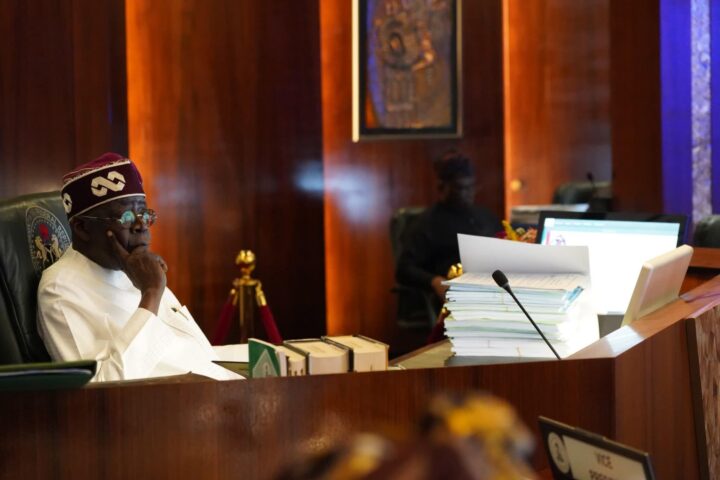Mohammed Shosanya
The 2023 general elections in Nigeria lacked transparency, was not inclusive, and fell short of benchmarks and standards the commission set for itself, eroding gains made over time in the nation’s democratic process,the European Union Election Observation Mission,has said.
In its final report on the 2023 general elections released at a press conference in Abuja on Tuesday,the group declared that public confidence and trust in the Independent National Electoral Commission (INEC) were severely damaged during the presidential poll and was not restored in state level elections.
This development forced frontline civil society to call for an independent audit of the entire process,it also said in the report.
Speaking to journalists,Barry Andrew, EOM’s Chief Observer,noted that across the country, the pre-poll environment was volatile and challenging, affected by economic crises.
He said,fundamental freedoms of assembly and movement were broadly respected, yet the full enjoyment of the latter was impeded by insecurity in some parts of the country.
According to him,abuse of incumbency by various political office holders distorted the playing field and wide-spread vote buying detracted from an appropriate conduct of the elections.
He said:”Incidents of organised violence shortly before and on election days in several states created an environment deterring voter’s participation. Media raised voters’ awareness, fact-checkers stood up against disinformation and civil society demanded INEC’s accountability. The overall outcome of the polls attests to the continued underrepresentation of marginalised groups in political life”.
The observation mission also noted gaps and ambiguities in the electoral Act , especially as it concerns INEC’s accountability and transparency including a lack of “INEC independent structures and capacities to enforce sanctions for electoral offences and breaches of campaign finance rules”
He questioned the selection process of those to be appointed to serve as RECs amd National Commissioners for an independent body as INEC.
He noted determination of Nigerians , especially the youth to embrace tenets of democracy fully, while candidates and parties who disputed the outcomes of the election took their myriads of complaints to the courts.
He said,early in the process, while enjoying a broad stakeholder trust, INEC introduced a series of positive measures to strengthen the conduct of the elections.
He lamented that,closer to the polls some started to doubt INEC’s administrative and operational efficiency and in-house capacity.
He added:”Public confidence gradually decreased and was severely damaged on 25 February due to its operational failures and lack of transparency. While some corrective measures introduced before the 18 March elections were effective, overall trust was not restored.
“The introduction of the Bimodal Voter Accreditation System (BVAS) and the INEC Results Viewing Portal ([ReV) was widely seen as an important step to ensure the integrity and credibility of the elections. In practice, multiple missteps and lack of transparency before the polls, compounded by severely delayed display of presidential result forms, dashed the public trust in election technologies used.
“INEC failed to give a timely and comprehensive explanation for the failures on 25 February, hence the improved online display of results forms from the 18 March state elections just fuelled further speculations about what exactly caused the delays after the presidential poll.
“A total of 93.4 million voters were registered for the 2023 elections. Owing to civic mobilisation during registration, two-thirds of the 9.5 million new registrants were youth.
“Yet, poor institutional planning and, again, lack of transparency negatively affected the collection of Permanent Voter Cards (PVC). Confidence in collection rates per polling unit was undermined due to their belated publication. Overall, an external independent audit could have helped to assure accuracy and inclusiveness of the voter register”.



